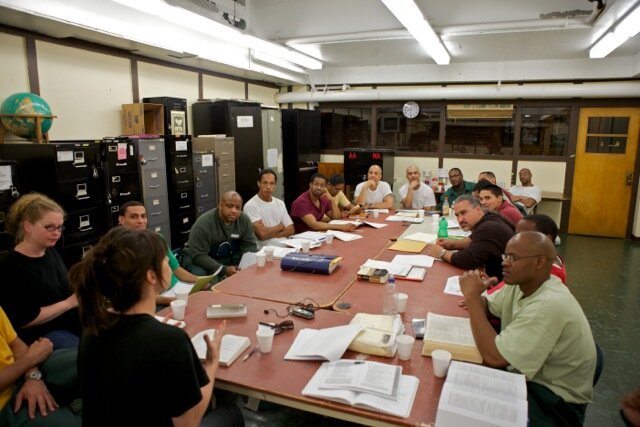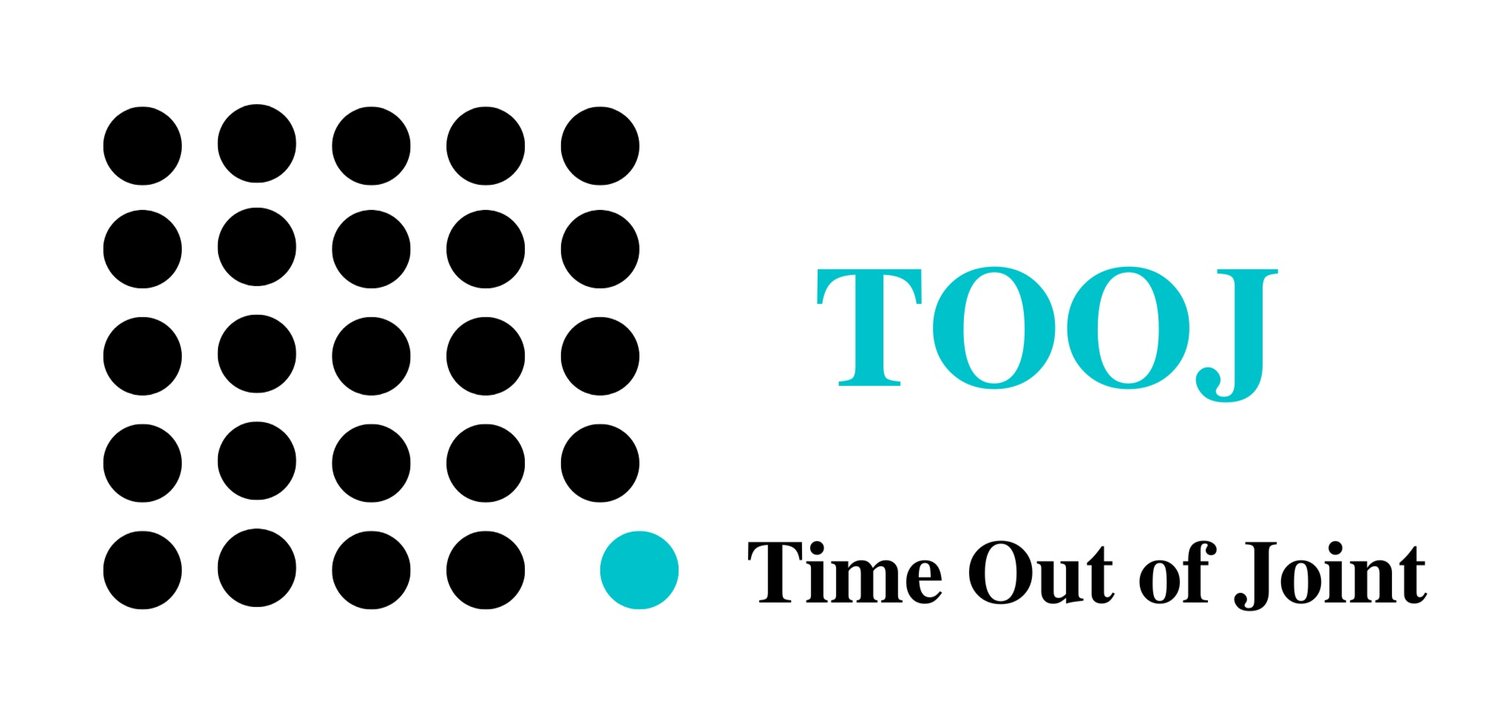How the process works.
Shakespeare’s Birthplace
How the Process Works.
The process is simple. And the results are powerful.
In our TOOJ workshops, formerly incarcerated teachers (FITs) show up in classrooms (usually over Zoom) with Shakespeare in one hand and their own spoken word poetry in the other. Together with students, they open up scenes about power, betrayal, or justice and pair them with primary sources from the Library of Congress. A Shakespeare soliloquy about authority might sit alongside a civil rights speech, a Depression-era photograph, or an oral history from someone who lived through segregation. By weaving these voices together—past and present, societal and personal—students discover that literature and history are living conversations. This layered approach gives them the foundation of civics: an understanding of how questions of fairness, rights, and responsibility have shaped our institutions and continue to shape our daily lives.
But it doesn’t stop at knowledge. When our teachers share their own stories through poetry, students see how those civic questions are not just historical—they’re alive in their own communities and choices. That’s where civic engagement begins—when students debate, write, and perform in ways that connect art and history to their own lived experiences. In these moments, the classroom becomes a rehearsal space for democracy itself. Students leave not only knowing how society works, but also feeling empowered to step forward as participants, using their voices to shape the world around them.
After a teacher signs up, we customize everything to serve their students, considering grade levels, topics, familiarity with Shakespeare, whether it is an English or Social Studies curriculum, etc.
Each class watches our film “Time Out of Joint: Prison Reflections on Shakespeare”, in which the audience is given the opportunity to observe a prison classroom. 16 prisoners discuss Shakespeare and draw connections between the characters’ actions and their own lives.
The topics include Shakespeare (of course), and human issues including loyalty, betrayal, power, manhood, misogyny, war, crime, family, and (of course) love. Conversations also often turn to issues of prison education, systemic racism, mass incarceration, and prison reform.
Specific topics are often determined by teachers of both classes ahead of the workshops.
And teachers can decide if they want to have 1, 2, or 3 joint meetings.
follow-up
Students are asked to write short reflection papers after the workshops. We love to read these and they help us improve future gatherings. And the classes can exchange these papers if they choose. Naturally, we encourage this cross-over learning.


